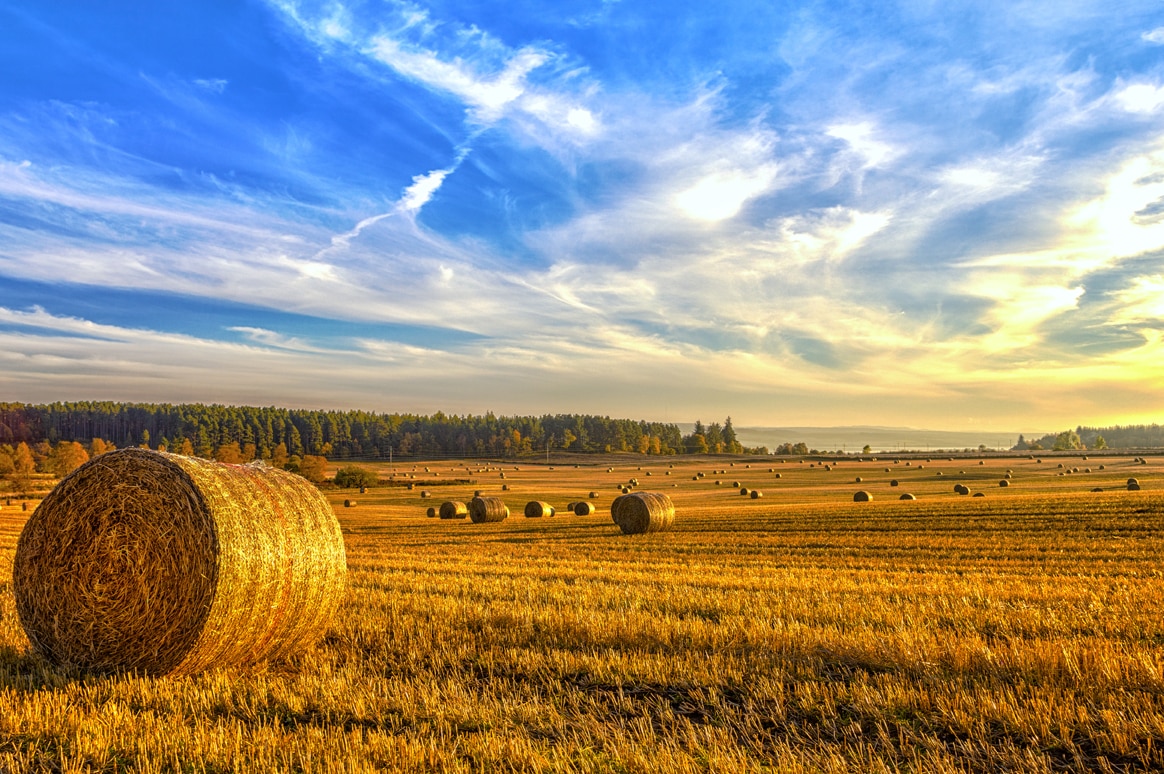Farming in the UK faces an uncertain future as Britain leaves the EU, but there are ways to future-proof.
The EU Common Agricultural Policy currently gives around £3 billion a year in support to British farming, underpinning the revenues of many estates; and the government has guaranteed to do the same until 2022. But not beyond.
Whilst leaving unclear how much money the sector will receive from the Treasury after Brexit, the government has given clues about where much of it may go.
For example, Michael Gove, the Environment Secretary, has talked of prioritising “good environmental practice” rather than “rewards” to size of landholding. There is also a sense that the industry will be encouraged to stand more firmly on its own financial feet.
Many of our clients are estates and landowners in the UK; we are recommending action now with a checklist for owners and their advisers.
Richard Crane, who specialises in farms and estates at our Cambridge office, says: “We may not know what changes there will be, but what is absolutely certain is that they are coming. But whilst we are entering a challenging period, it is also one with opportunities for those prepared and in a position to take them.”
Our key recommendations
- Invest in management skills. Either your own or those of key employees. The era of managing on a bed of support is ending. To prosper will require a sharp business focus. Estates, farm owners and management should invest in themselves first.
- Examine balance sheets. Interest rates remain at historic lows. This is an opportunity to pay down debt either by realising assets, taking advantage of the weak pound and firm land values, or to secure long term debt financing at favourable rates to help your business resilience in the upcoming turbulent times.
- Diversify into non-agricultural revenue streams. These can include anything from converting buildings for business or holiday rents, creating a ‘glamping’ site, or creating space for commercial storage.
- But be careful. The wrong diversification can upset the capital tax balance. It is important to ensure that the bulk of activity being generated is clearly from traditional farming or trading activities or risk losing important reliefs, including from inheritance tax.
- Focus on operational excellence to increase yields. Most of UK agriculture is still commodity based. To succeed, you need to produce at the lowest unit cost. Yields are the key to driving this down.
- Get closer to the consumer. The fewer people in the supply chain between product and price paid, the better for revenue. This could involve exploring online consumer channels.
- Look for opportunities to produce crops or food that is currently imported. These may already be increasing in price due to the fall in the value of Sterling.
- Think hard about succession planning. There could be 10 years of economic turbulence ahead. Work through any awkward inheritance issues now whilst the going is good. Put those with drive and energy in charge.
- Build up a ‘war chest’. Brexit could hit land values. This will be a good opportunity to buy.
- Consider joint ventures for all or parts of the business to defray costs. There may also be a case for outsourcing some production.
- Be green. The government has made clear a national future support regime will put an emphasis on environmental protection. This could include enhanced public access, with implications for privacy. It makes sense to start working on a ‘green;’ strategy now to be ready for the changeover after 2022.
If you’re a farmer or rural landowner facing Brexit uncertainty, our experts can help you with future-proofing. For more information, please get in touch with your usual BKL contact.
This article was first published by eprivateclient. It is available to subscribers via the eprivateclient website.


